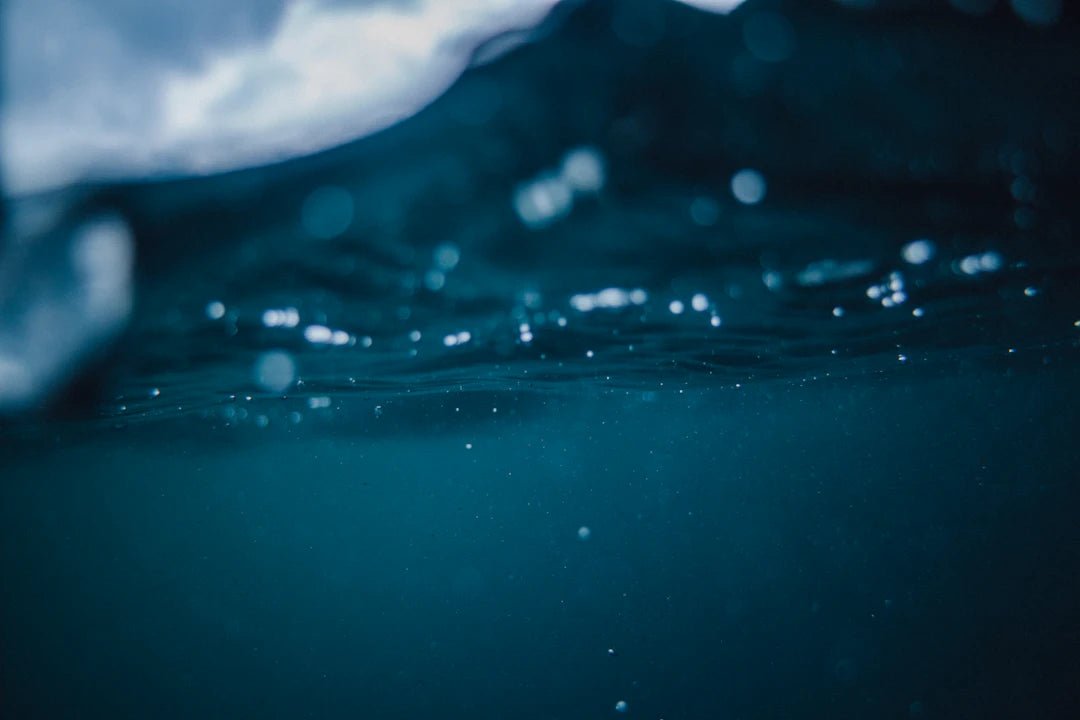Ensure Pure Drinking Water: A Guide to Water Quality Testing
Frequently Asked Questions
1. Why is water quality testing important?
2. What are the common contaminants tested in drinking water?
3. What is reverse osmosis and why is it important?
4. How often should I replace my water filter?
5. What are the benefits of using Rippl Pure filtration systems?
Access to clean drinking water is essential for good health and well-being. In Australia, where diverse sources of drinking water can vary in quality, understanding how to assess and ensure the purity of your drinking water becomes paramount. This guide will take you through the importance of water quality testing, exploring methods such as water filtration systems and the role of reverse osmosis in providing safe drinking water. Additionally, we’ll discuss how PAC filter replacements can help maintain your systems in top condition.
The Importance of Water Quality Testing
Water quality testing is a crucial process that helps determine the safety and suitability of your drinking water. As memorable as Australia’s landscapes are, they don’t always reflect the purity of your local water supply. Pollutants and contaminants can seep into the water system from various sources including agricultural runoff, industrial waste, and even aging infrastructure. Here’s why testing your water is important:
Health Risks
Unsafe drinking water can lead to various health issues, ranging from gastrointestinal problems to long-term chronic diseases. Contaminants like bacteria, heavy metals, and chemicals all pose serious risks, making water quality testing an essential part of ensuring public health.
Detection of Contaminants
Regular testing can help detect a wide range of potential contaminants, including:
- Microbial pathogens (e.g., bacteria, viruses, protozoa)
- Chemicals (e.g., pesticides, heavy metals)
- Physical contaminants (e.g., sediment, organic matter)
Compliance with Regulations
In Australia, water quality is regulated under strict guidelines to ensure that safety standards are maintained. Conducting regular testing ensures that your water supply remains in compliance with these regulations, protecting both your health and the environment.
Methods for Testing Water Quality
There are several methods available to test the quality of your drinking water, whether through DIY testing kits or professional services. Understanding these methods will enable you to choose the right approach that suits your needs.
Home Testing Kits
Home water testing kits are convenient for residents who want quick and easy results. These kits typically test for common contaminants, measuring parameters such as pH level, chlorine, hardness, and the presence of harmful bacteria. When using a home test kit, ensure that it is certified and suitable for Australian water standards.
Laboratory Testing
For comprehensive analysis, sending a water sample to a certified laboratory offers the most reliable results. Lab tests can identify a wider range of contaminants and provide exact measurements, critical for ensuring the water quality meets safety standards. Always follow instructions carefully when collecting samples to avoid contamination.
Water Filtration Systems: The Key to Purity
One of the best ways to ensure that you have access to pure drinking water is by using a reliable water filtration system, such as reverse osmosis units. Water filtration systems designed for home use can effectively remove contaminants, providing an added layer of safety for your family.
Understanding Reverse Osmosis
Reverse osmosis (RO) is a widely recognized method used in water filtration systems to purify water. This process works by forcing water through a semi-permeable membrane, which removes ions, molecules, and larger particles to yield cleaner drinking water. The benefits of RO systems include:
- Improved taste by removing unpleasant chemicals.
- Reduction of harmful contaminants like lead, arsenic, and nitrates.
- Lower levels of dissolved solids, making water safer to drink.
Choosing the Right Water Filter
Selecting a quality water filter that suits your household's needs is essential. Always look for products that have been tested for efficacy and meet industry standards. Pay attention to:
- The type of filtration technology used.
- Filter replacement schedules, such as the PAC filter replacement.
- The specific contaminants the filter is designed to tackle.
Maintaining Your Water Filtration System
To ensure optimal performance of your water filtration system, regular maintenance is essential. Neglecting proper care can result in reduced efficiency of contaminant removal.
Understanding Filter Lifespan
Different types of filters have varying lifespans, and it's crucial to replace them as recommended. For instance, PAC filters, or Powdered Activated Carbon filters, are effective in removing chlorine tastes and odors but will need replacement after a certain volume of water has passed through them.
Signs Your Filter Needs Replacement
Recognizing signs your water filter needs replacement can save you from consuming unclean water:
- Water tastes or smells strange.
- Decrease in water flow rate.
- Visible dirt or discoloration in the filter.
Benefits of Rippl Pure
Choosing a reliable brand is vital for ensuring you have the best quality drinking water. Rippl Pure offers various solutions designed to enhance water quality in Australia. With a focus on innovative filtration technology, Rippl Pure helps provide clean, safe water for families across the nation.
Advanced Filtration Technology
Rippl Pure utilizes advanced filtration technology to ensure that all contaminants are effectively removed. This reduces the risk of diseases caused by contaminated water.
Environmental Responsibility
By choosing a water filtration system like Rippl Pure, you also contribute to protecting the environment. These systems produce less waste compared to bottled water, aligning health safety with ecological sustainability.
Embrace the Future of Clean Water
Ensuring pure drinking water is no longer a luxury; it is a necessity in today’s world. From understanding the importance of regular water quality testing to maintaining an effective water filtration system, knowledge and preparation can go a long way in securing the health and safety of your family. By investing in systems like Rippl Pure and committing to regular PAC filter replacement, you are actively participating in a healthier lifestyle while safeguarding a precious resource. Start your journey towards cleaner, safer drinking water today!



